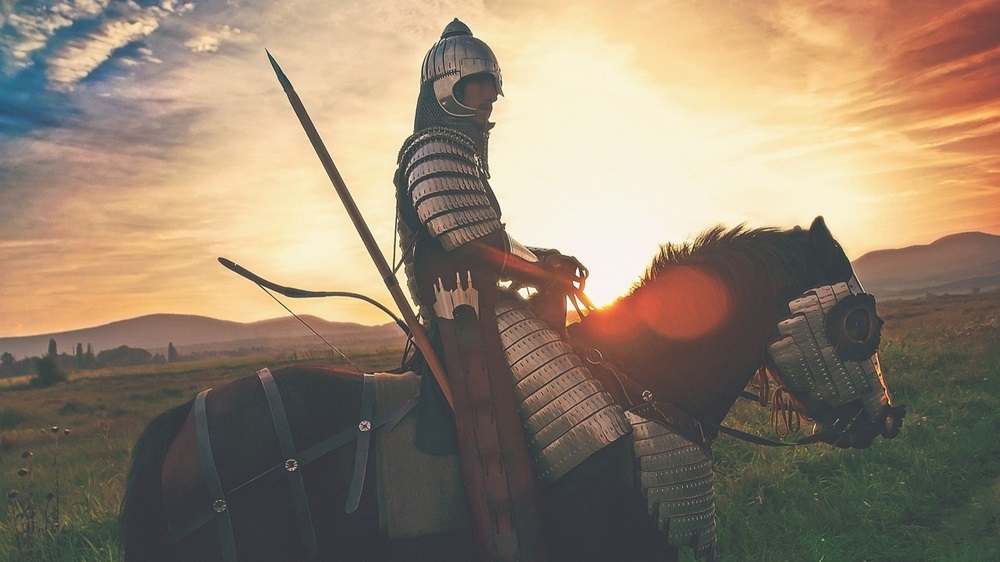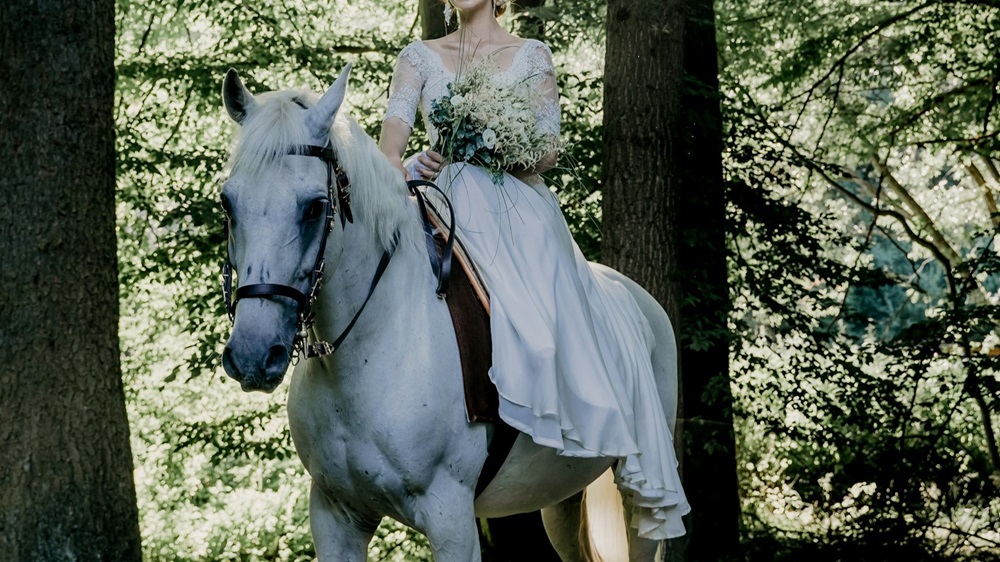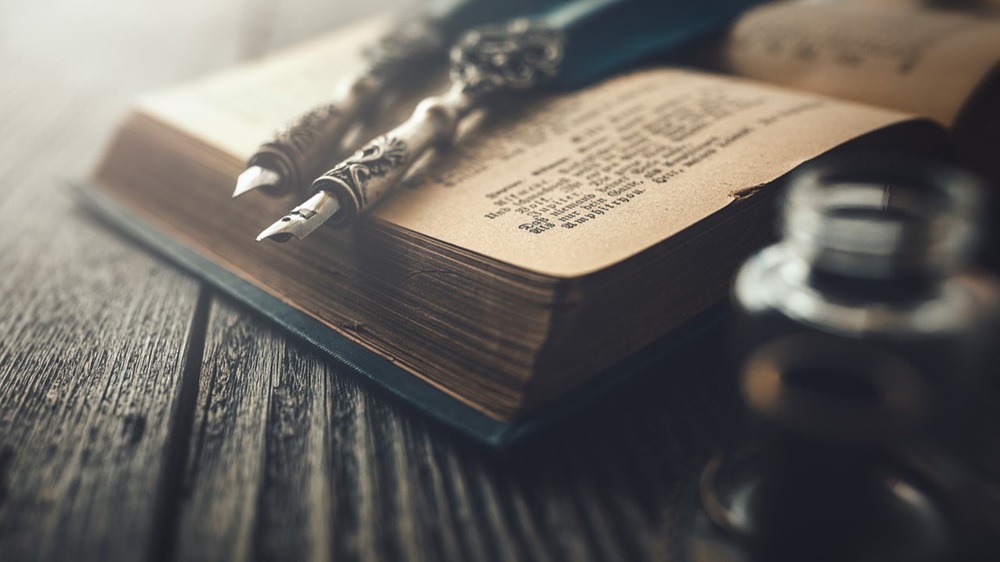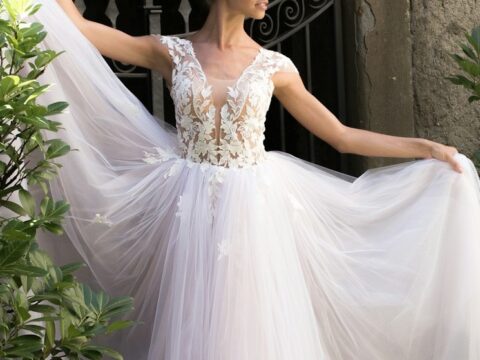“Original stories are the best stories.”
“What’s even the point of reading a book if it’s not original?”
“That story was just SO original!”
If you’ve ever said any of these things, then I’ve got a hot take for you: there are no truly original stories. Nope. And there are a whole slew of reasons why I feel this way.
I Mean, Come On—I Study Fairy Tales
As someone who researches the origins of fairy tales, I realize more than most people that we’re all telling the same stories over and over. And over again. Now, I know what some of you might be thinking: there are still original ideas! There ARE story hooks that nobody has done before. And there are still books that surprise even the most well-read people.
I’ll concede that original ideas still exist. But a great hook or a well-executed twist ending does not erase the use of basic plotlines, themes, and character archetypes in literally every story on earth. In order to surprise a reader, authors have to (1) know what readers expect and (2) give them either the opposite or something just off enough that it feels brand new.
In reality, every idea in any story is inspired by existing stories or real life. But let’s talk about why there are no original stories . . .
Storytelling Archetypes Are Part of the Human DNA
The patterns we see in stories go way beyond storytellers simply copying each other. The truth is far more uncanny. Fairy tales in particular highlight that people throughout history and all over the world have been telling the same stories since the beginning of time. Because fairy tales that were told orally in isolated villages long before the internet existed all follow the same patterns.
If you’ve never learned about the Hero’s Journey or the Virgin’s Promise, I highly recommend you take a look at them. Beyond these basic archetypal structures, there are only seven different types of conflict any story can have. And some people have theories that there are only about seven distinct plotlines in all storytelling. It really is amazing how these basic story components show up over and over in pretty much every creation of the human imagination. Crazier still, this all happens naturally. A solid decade before I’d even heard about the Hero’s Journey, I made up a seven-book series when I was eleven years old—and that story I plotted as a tween follows the Hero’s Journey. That blew my mind when I looked back and realized this.

If human beings in isolation were all telling the same stories, imagine how much more our stories today fall into patterns. People on opposite sides of the globe can now talk to each other instantly. Millions of readers can all read the same story within an hour of it dropping online. OF COURSE our stories now borrow from each other more than ever before.
The Truth Is that Every Good Story Is Influenced By Other Stories
I’ve heard countless authors talk about the stories that lit a fire inside them to write something of their own. Often it’s their favorite childhood author or a TV show they wanted to recreate with a better ending. Sometimes it’s a stranger-than-fiction story that happened in real life. Many, many times it’s a recently read book that inspires something new.
But I’m still convinced that even new books and so-called “new” ideas are never created in a vacuum. When authors go out of their way to be unique, they’re still drawing from the vast human library of storytelling. Whether they’re writing something similar or completely different, they’re still working with the same set of expectations. Tropes are powerful. Despite how many cringey, terrible tropes exist, I firmly believe that any trope can be done well. Even subverted tropes that feel totally original still rely on existing tropes as a jumping off point.
And Really, Stories Don’t Have to Be Original to Be Fresh
This point might take some explaining, but hear me out. Just because a book has a unique twist, that doesn’t mean that the entire book isn’t based off of familiar material. I honestly believe that the best stories out there have a blend of the familiar and the surprising. And the best way to know what will surprise your audience is to educate yourself on the trends of your genre.
Plenty of authors and screenwriters are on a mission to make super original stories that will be the most original thing that ever originated. But more often than not, this die-hard obsession for originality actually frustrates readers rather than delighting them. If your sole purpose is to shock your reader and prove that you’re the smartest person in the room, you’re going to sacrifice a lot of common sense decisions that will actually make your story work. Or you might go for a twist ending that’s so outrageous that it’s stupid rather than satisfying.
Beyond that, promising earthshattering originality to your readers often sets them up for disappointment. There aren’t any purely original stories left to tell, but there ARE unique ways of writing an old story with your own personal flair. And ways to breathe fresh air into your characters, settings, and action. I just think that overselling how crazy new your ideas are tends to make audiences angry when their expectations aren’t met.

For Me, Good Execution Beats Originality Every Single Time
I’ve grown quite opinionated about modern storytelling lately. When Hollywood and the publishing industry aren’t churning out sequels and redundant live-action remakes, they seem to favor clever marketing slogans over genuinely well-crafted stories. As a result, they sabotage themselves by producing stories that are somewhat shocking while also being just plain bad. To connect with an audience, a story can’t just be mindless entertainment that exists only to make money. It has to have a soul.
In today’s storytelling landscape, pristine execution of any idea stands out in a HUGE way. I don’t know about you, but I would love to read a book with a predictable ending that also delivers incredible style and wonderful characters. That seems like a much better time than sitting through a more “original” story with poor execution. Promising originality and delivering THAT is far more disappointing than a tried and true concept that makes readers feel something.
Here’s the Thing: Stories Don’t Have to Be Original to Be Unique
Feel free to disagree with me, but I don’t think a mind-blowing premise is nearly as good as a cozy book that the author adored writing. That kind of love and care leaps off the page and the silver screen for me. I can absolutely tell when a writer loved every second of writing a book or screenplay. And projects that carry the souls of the people who created them are amazing to consume—even if it’s a concept that’s been written a thousand times.
Now granted, I write retold fairy tales, so OF COURSE I’m not a believer in original stories. I’ve just accepted that originality is a myth, and it’s far more important to tell a story with your unique voice and respect your audience’s intelligence as you’re writing. These qualities are so rare in storytelling lately, which is a real shame. While I do love a great twist ending or a character with a cool profession that I’ve never read about, I unapologetically love the familiar too. Especially if it involves ballroom scenes. I live and die for ballroom scenes. ❧




